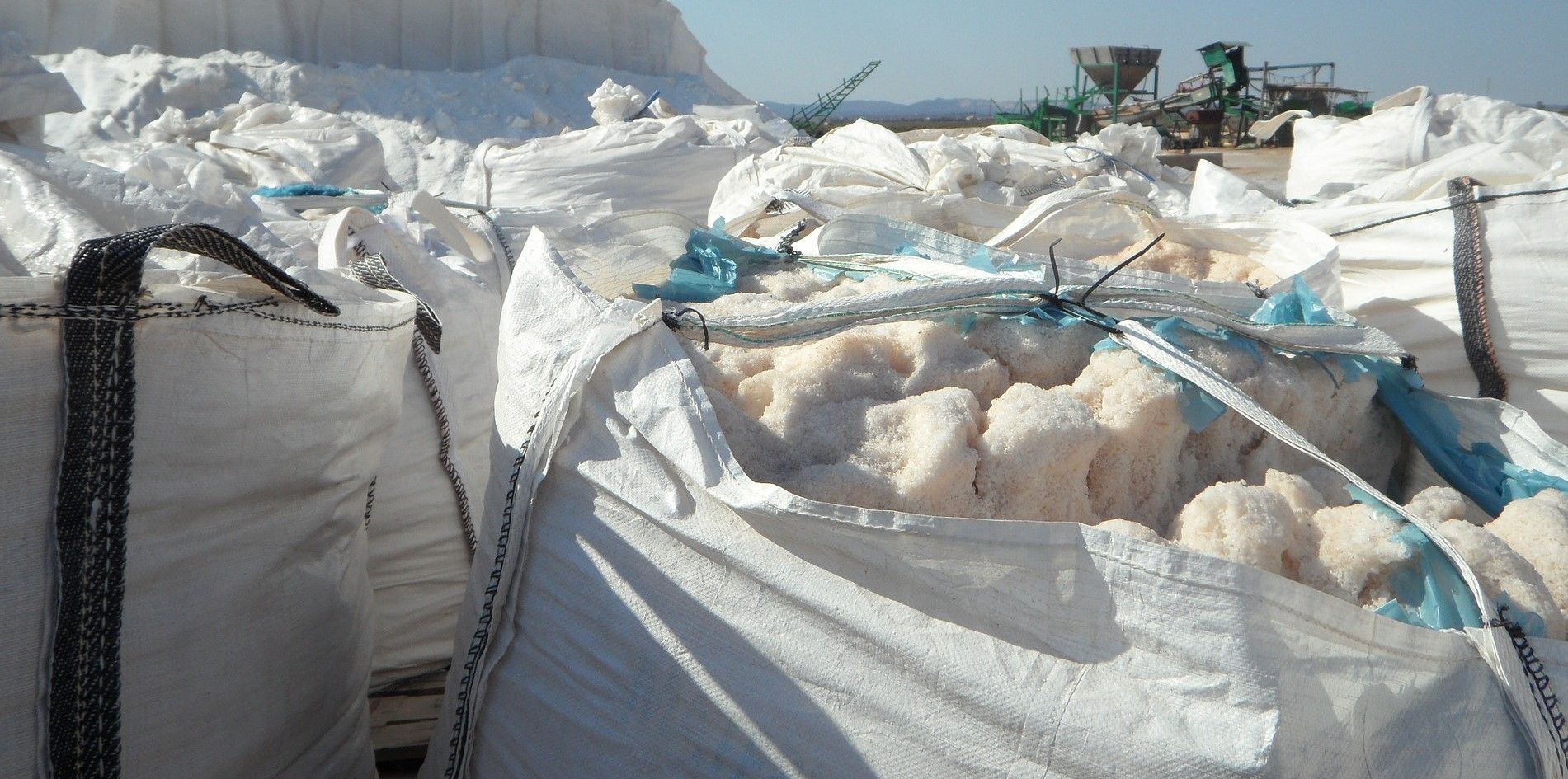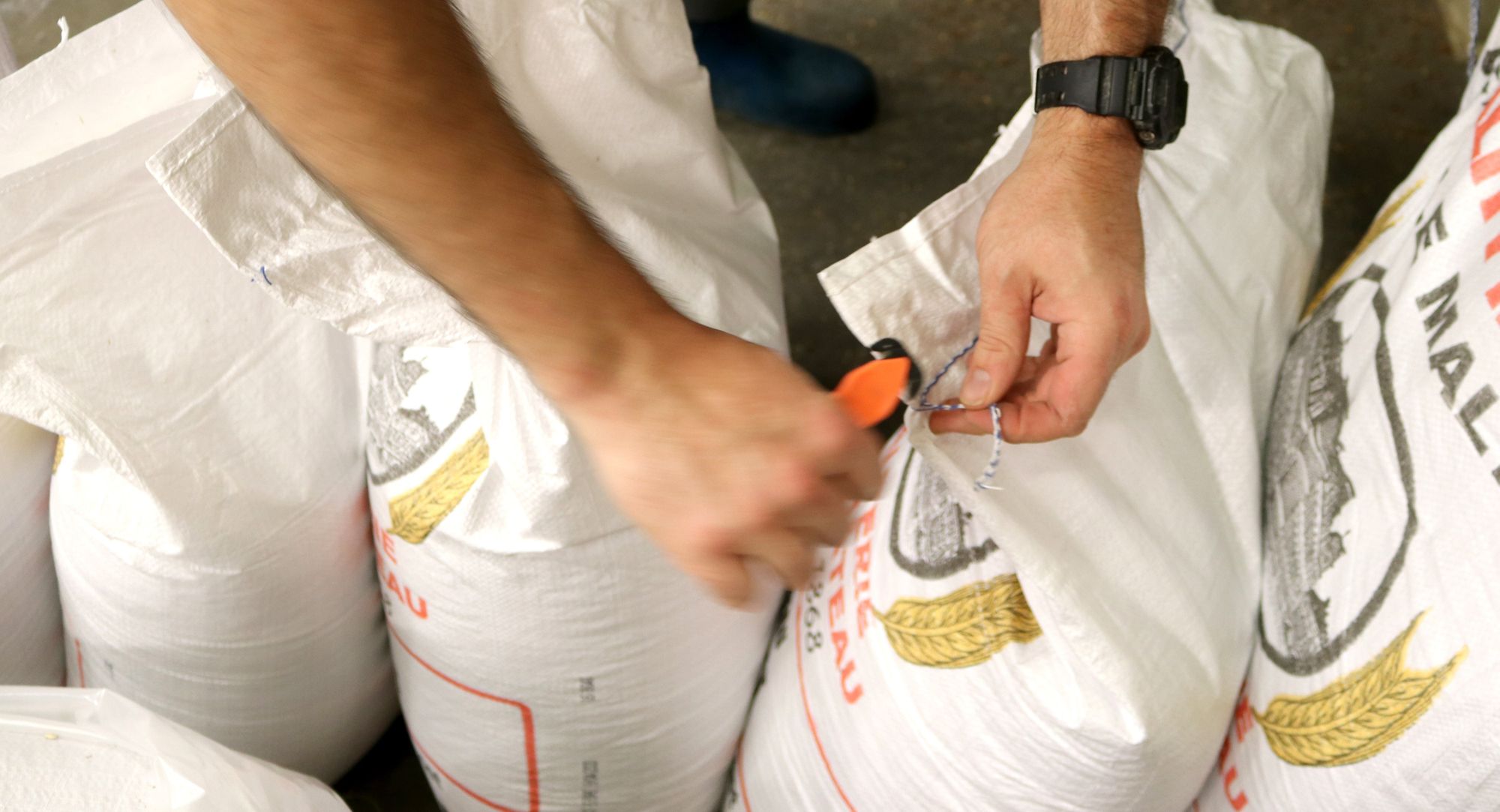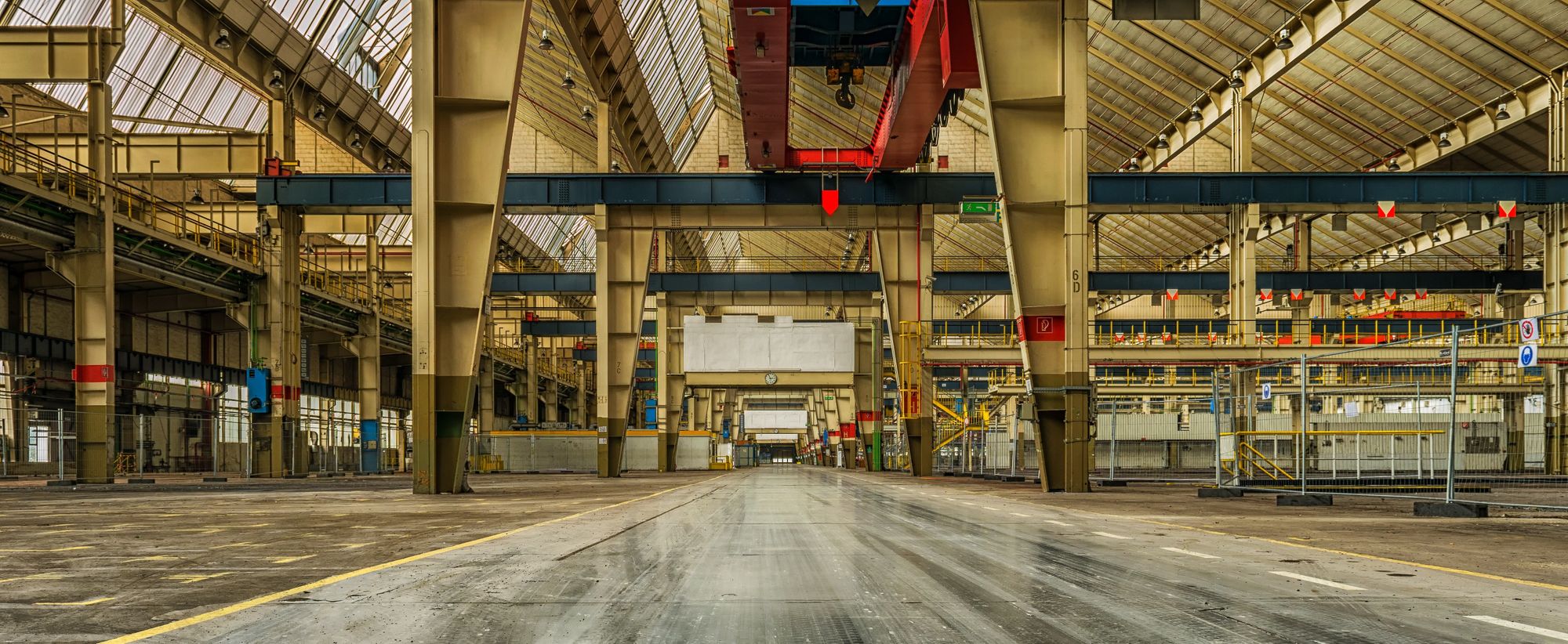The word ‘diversity’ has long been heard in the corridors and boardrooms of industry.
Its use is founded not only on the aspiraton of equality of employment among different races, religions, backgrounds, sexual orientations, ages, and genders, but also on the sensible business notion of building a team of mixed talents.
Now the coronavirus pandemic is highlighting the fragility of some supply chains, and has drawn attention to the importance of diversity in the procurement of raw materials.
One case in point is the Indian chemical industry, which is under threat from its mono-passage supply chain. As the business journal the Economic Times of India, reports, “The Indian sector has long been dependent on China for critical source imports. The neighbouring country, known as the world’s factory, is India’s biggest source of intermediate goods, a sector that, as per official estimates sees bilateral trade worth $30 billion a year.”

Prior to COVID-19, there had been a great deal of optimism in the chemical industry in India. Chemical companies were growing year-on-year thanks to improved local demand for end-user chemical products, a government focused on trade and the economy, bureaucracy was increasingly business-friendly, the agrichemical sector was booming, and the country as a whole was becoming a manufacturing hub for both domestic and overseas companies.
However, the lack of a stable supply chain for raw materials, coupled with a drop in domestic demand is now endangering the Indian chemical industry’s chances of success.
As the Economic Times of India report observes, “A 21-day nationwide lockdown and very high dependency on China has meant one of the bright spots in India’s manufacturing sector finds itself in severe stress. The chemical industry, a sector worth $163 billion, covering more than 80,000 commercial products, is now struggling.”
With Chinese raw material production limited and the pandemic lockdown going global, the possibility of sourcing alternative raw material suppliers became harder.

“Chemical industries will be highly impacted due to shortage and non-availabilities of raw materials from China,” says Satish Wagh, the former chairman of Chemexcil, “finding an alternative to China now is next to impossible.”
Fortunately, many chemical producers were able to foresee that uniform supply chains can be problematic. Forewarned by the risks of trade wars, they had already diversified their suppliers and have consequently been able to continue production.
“The US, Japan, Korea and EU based suppliers are a bit costlier than Chinese ones, but we are continuing with them,” says Parag Jhaveri, Managing Director, Yasho Industries, a global exporter of chemicals. “Not just us, many fellow players have started minimising their exposure to China market.”
Galaxy Surfactants Ltd have also reacted to the pandemic by connecting with non-Chinese suppliers. “The trick here is to have many suppliers to hedge your bets against large scale disruption,” explains U Shekhar, the company’s chairman. “Also, as the Covid-19 virus progresses, different regions find themselves in different levels of lockdown. While much of Europe and the US has come to a halt, factories in Japan and South Korea and still functioning, while China is slowly coming back online.”
Jhaveri agrees, saying that, “Diversifying supply chains can certainly help because any concentration in the supply chain can result in potential damages to businesses just as happening today. Indian businesses can diversify their vendors and supply chains so that the overall risk is mitigated.” Adding that, “Post the coronavirus scare, the world will not rely on China alone now. When we talk to foreign customers, we get a sense that they have now started giving a hard look to Chinese supplies. They are now increasingly looking at alternate sources.”

Like the rest of the global chemical industry, chemical companies in India are struggling. But the outlook still remains more optimistic in the major industrial estates of Gujarat and Rajasthan than it does in many parts of the world.
The Indian chemical industry has much going for it, with investors remaining largely positive, a burgeoning skilled and semi-skilled workforce, and a huge domestic market. Crucially, it also remains a key part of government plans to industrialise the country.
HS Karangle, the General Director of the Indian Chemical Council (ICC), has already labelled it, “the backbone of India's industrial and agricultural development.” But is still quick to stress the importance of supply chains, stating that, “The chemical industry needs to better its feedstock allocation policy…”
COVID-19 have put some of those plans on hold, however they have also stressed the importance of a stable flow of raw materials. For if chemical industry leaders have learnt anything from the pandemic, then it is an appreciation of diversity.
To learn more about how the chemical industry in India is well placed to recover from the coronavirus pandemic read: How the Chemical Industry in India may Profit Most from the Pandemic.
Photo credit: Pexels, M W from Pixabay, Pexels, & Pexels